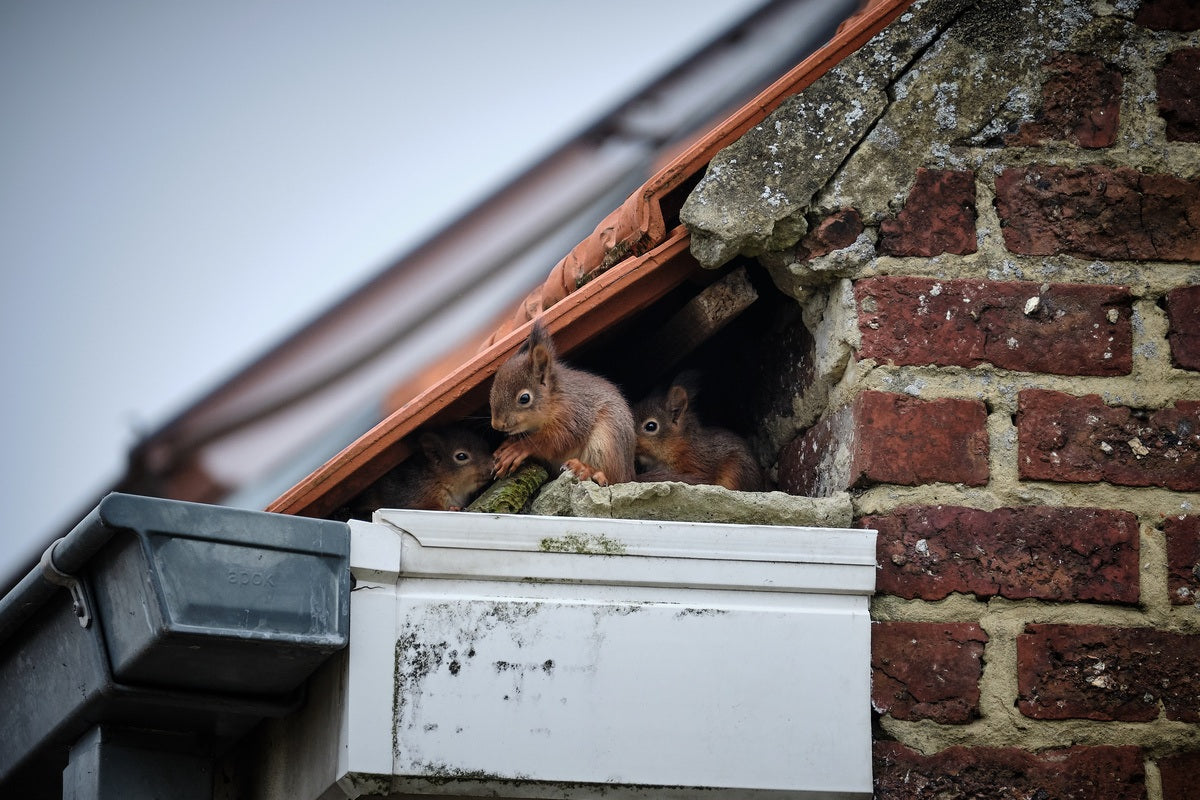4 Common Property Damages Caused by Wildlife

Oftentimes, wild animals can gain access to your home in their attempt to evade predators, search for food, or find shelter. When they enter your home, they can cause significant damage and destruction, which can cost a lot in repairs. Below are some of the common property damages caused by wildlife.
1. Chewed Wires
Wild animals like squirrels, mice, and other rodents are known for their gnawing and chewing tendencies. They have a tendency to chew on wires, and this means that they can cause significant damage to your home's wiring and electrical equipment. Damage to electrical wiring can put your home and family's safety at risk.
2. Torn AC Ducts
AC ducts provide a perfect hiding spots for wild animals when they invade your home. They provide a soft and warm place where they can hide and stay away from visibility.
Raccoons and squirrels can tear AC ducts and use the materials to build their nests. Some raccoons that stay in the AC ducts can also cause wear and tear when walking around. Most wild animals will also defecate and urinate on your AC ducts, leading to significant tears.
3. Structural Damage
Rodents have a tendency of causing significant structural damage to your home due to their chewing tendencies. Squirrels and mice chew on any material in their quest to keep their teeth short.
Wild animals can chew on plastic, concrete, drywall, metal, and wood which can significantly weaken your home's structural integrity. In the long-run, this can make for expensive repairs.
4. Damage to the Roof
Many wild animals can gain access to a home through the roof. Animals like mice, raccoons, and squirrels are good climbers, and they can damage your shingles in the process. Most roof damages will need major or minor repairs.
Critter Guard’s Wildlife Control Solutions
At Critter Guard, we provide humane and environmental-friendly solutions to prevent wildlife from accessing your building or home. To learn more about our BirdBloc, Pole Guard and Line Guard products and how they can help prevent damage to your property, contact us today!
- Choosing a selection results in a full page refresh.


